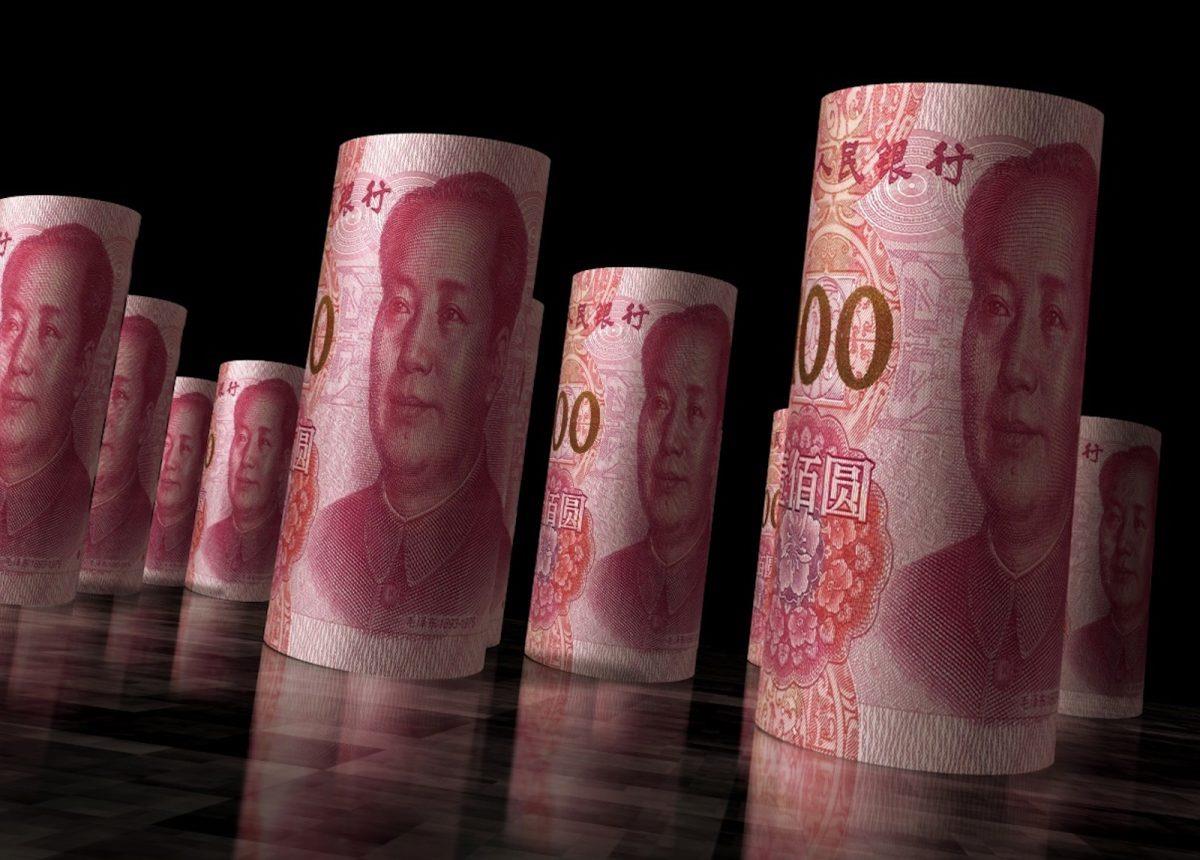
Xi Knows What It Takes To Sustain China's Rally
“Given the current market momentum and our tracking of sentiment on China's social media, the risk of repeating the epic boom and bust in 2015 could rise rapidly in coming weeks,” Lu notes.
Lu adds that in a worst-case scenario,“a stock market mania would be followed by a crash, similar to what happened in 2015.” As such, he adds,“while investors might still be OK to indulge in the boom for now ... we wish Beijing could be more sober.”
Yet sobriety does appear to be returning, and rather quickly. Though perhaps not Lu's“crash” scenario, household names like JPMorgan Asset Management, HSBC Global Private Banking and Invesco Ltd. are also advising caution. Invesco, for one, worries mainland shares are“really overvalued.”
This is highly debatable, of course. Count investment giant
Fidelity International among the financial giants that still see great value in mainland shares following years – and many trillions of US dollars – of losses.
Goldman Sachs Group, too. The Wall Street giant has upgraded its view of mainland shares to overweight with a 15-20% upside potential if authorities deliver as promised on stimulus measures.
As Goldman strategist Tim Moe points out, recent policy moves by Beijing“have led the market to believe that policy makers have become more concerned about taking sufficient action to curtail left-tail growth risk .”
Nor has BlackRock publicly backed away from its bullish call on Chinese shares. As its strategists wrote on October 1:“We see room to turn modestly overweight Chinese stocks in the near term,” in light of how attractive valuations had become relative to developed-market peers, they wrote.
Even so, Xi Jinping's government must stay focused on the fact the world is watching as rarely before as overseas funds debate how far China has really come since 2015. That was the year Shanghai shares lost a third of their value in just three weeks. Beijing's response last week to plunging shares wasn't nearly as overwhelming as after the July 2015 stumble.
A week ago, the People's Bank of China cut borrowing costs , slashed banks' reserve requirement ratios, reduced mortgage rates and unveiled new market-support tools to put a floor under share prices. Bold fiscal stimulus moves are also being mulled.

Legal Disclaimer:
MENAFN provides the
information “as is” without warranty of any kind. We do not accept
any responsibility or liability for the accuracy, content, images,
videos, licenses, completeness, legality, or reliability of the information
contained in this article. If you have any complaints or copyright
issues related to this article, kindly contact the provider above.

















Comments
No comment